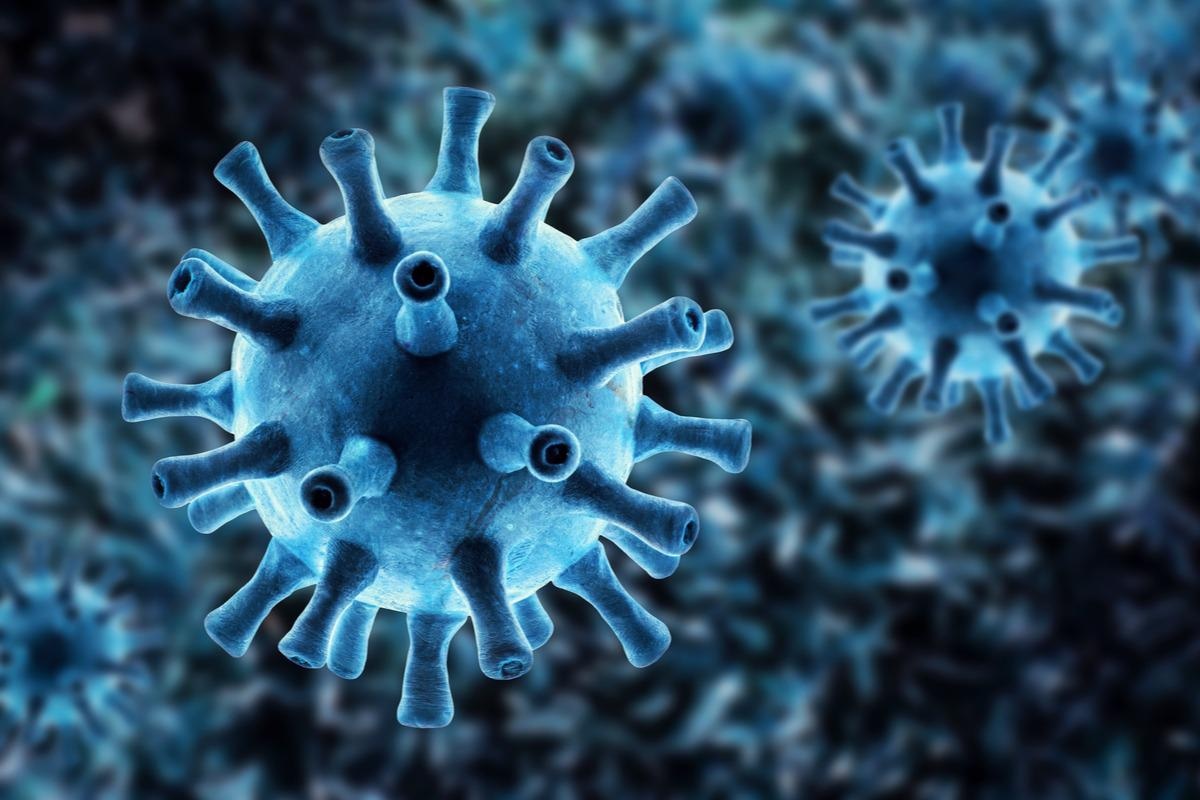A recent study published in The Lancet Microbe described the case of a non-vaccinated female coinfected with severe acute respiratory syndrome coronavirus 2 (SARS-CoV-2) Omicron BA.1 and BA.2 subvariants.

Background
The circulation of SARS-CoV-2 variants and sub-optimal protection conferred by the coronavirus disease 2019 (COVID-19) vaccines could create conditions for coinfection with different SARS-CoV-2 variants. Concurrent infections with different variants could result in new inter-lineage SARS-CoV-2 recombinants with potentially unpredictable novel characteristics. Coinfections have been documented since the early COVID-19 waves. Coinfection with SARS-CoV-2 Delta and Omicron variants was reported in immunocompromised and immunocompetent individuals living in different geographical regions.
Coinfections could be promptly identified because the variants feature different genomic sequences. Recombination of closely related variants is possible and might be difficult to detect. In the United Kingdom (UK), over 630 cases of infection with the XE variant have been confirmed to date. The XE variant is a chimera of BA.1 and BA.2 variants. Therefore, it is essential to identify coinfections to lower the risk of recombination of SARS-CoV-2 variants.
About the study
In the present study, researchers reported the case of a 63-year-old unvaccinated woman with mild respiratory symptoms. The patient’s nasopharyngeal swab was collected on January 31, 2022, that was found positive for all targets: envelope, nucleocapsid, and RNA-dependent RNA polymerase (RdRp) genes. This case was accidentally identified as a random pick along with 68 others as part of a molecular survey commissioned by Istituto Superiore di Sanità.
Results
All samples were processed for a multiplex reverse-transcription polymerase chain reaction (RT-PCR) to examine the mutation signatures of SARS-CoV-2 variants. They found that all samples were of the Omicron variant. Next, 54 samples were randomly picked for genome sequencing. Twenty-four samples were processed for whole-genome sequencing by next-generation sequencing (NGS), and the remaining samples’ spike genes were sequenced using the Sanger method. The patient’s sample was Sanger-sequenced.
The resultant electropherogram of the case-patient revealed numerous polymorphisms and an unreadable sequence, unlike the clear electropherograms of other patients’ samples. This sequence was adjacent to the 142 – 144 amino acid deletion of SARS-CoV-2 Omicron. Given the inconclusive result with Sanger sequencing, the sample was subject to NGS analysis, which showed 67 mutations characteristic of SARS-CoV-2 Omicron and its sub-variants. Fifteen were identified as BA.1 sub-lineage and 20 as BA.2 sub-lineage. Furthermore, Nextclade analysis confirmed the coinfection status. The patient isolated herself and had no contacts. SARS-CoV-2 Infection was resolved within nine days.
Conclusion
These observations suggested that coinfection with Omicron sub-variants results in a mild disease in non-vaccinated subjects with a probability of going unnoticed. Overall, these results indicate the need for continual genomic surveillance to identify coinfections and minimize the risk of SARS-CoV-2 recombinants.
- Vatteroni ML, Capria AL, Spezia PG, Frateschi S, Pistello M. Co-infection with SARS-CoV-2 omicron BA.1 and BA.2 subvariants in a non-vaccinated woman. The Lancet Microbe. doi: 10.1016/S2666-5247(22)00119-7 https://www.thelancet.com/journals/lanmic/article/PIIS2666-5247(22)00119-7/fulltext
Posted in: Medical Science News | Medical Research News | Disease/Infection News
Tags: Amino Acid, Coronavirus, Coronavirus Disease COVID-19, covid-19, Genes, Genome, Genomic, Mutation, Nasopharyngeal, Omicron, Polymerase, Polymerase Chain Reaction, Respiratory, RNA, Sanger sequencing, SARS, SARS-CoV-2, Severe Acute Respiratory, Severe Acute Respiratory Syndrome, Syndrome, Transcription

Written by
Tarun Sai Lomte
Tarun is a writer based in Hyderabad, India. He has a Master’s degree in Biotechnology from the University of Hyderabad and is enthusiastic about scientific research. He enjoys reading research papers and literature reviews and is passionate about writing.
Source: Read Full Article
